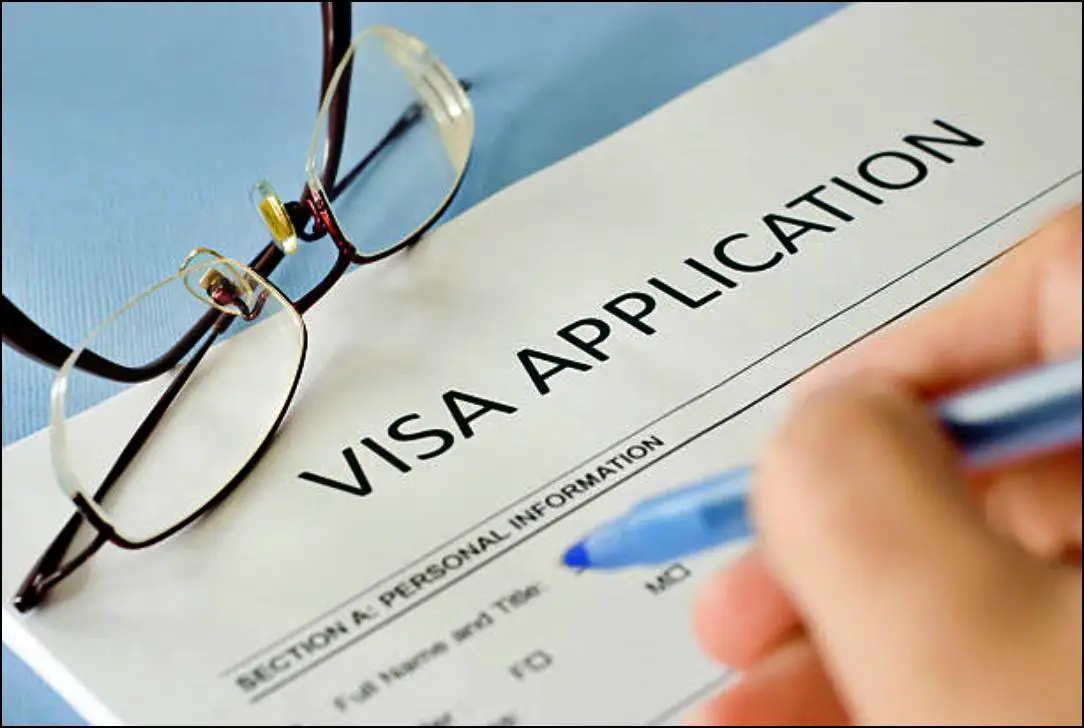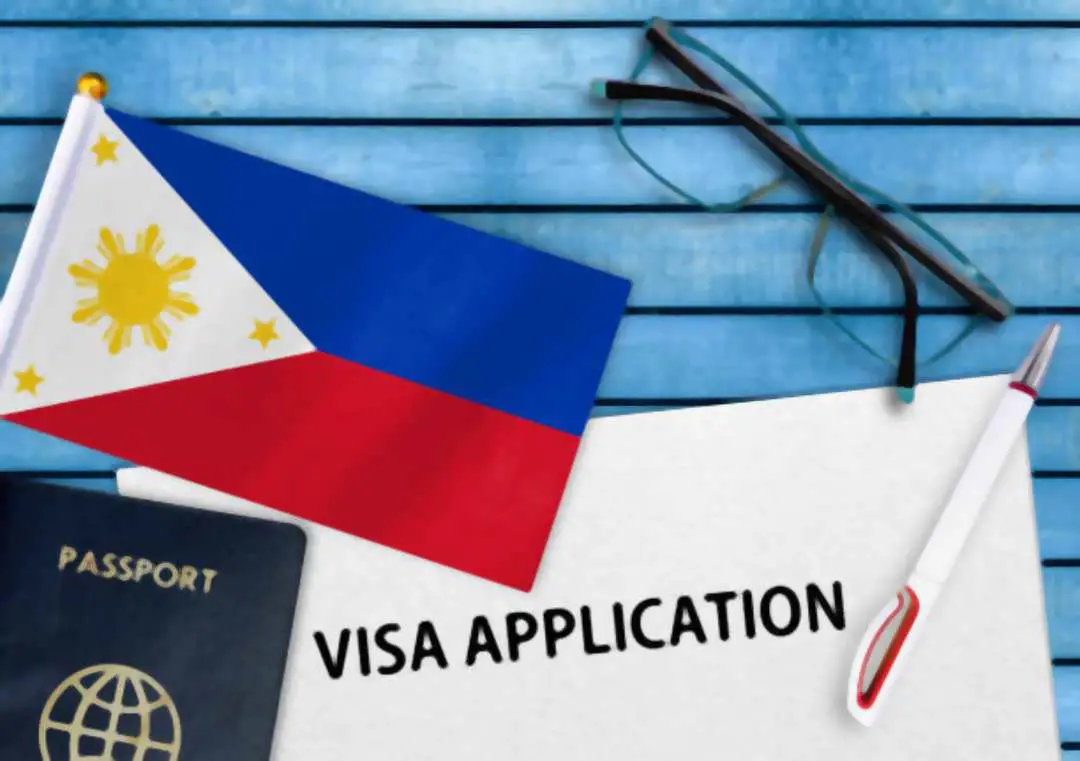For natural-born Filipino citizens who have been living in a foreign country for a significant period of time, but are now planning to return to the Philippines for permanent residence, the Returning Former Natural-Born Filipino Visa may be a viable option. This visa category allows non-quota immigrant status for the applicant, as well as their spouse and minor children, making the process of relocation smoother and more efficient.
Also read: Guide: Eligibility for a Permanent Resident Visa in the Philippines
With the Philippines’ growing economy and increasing opportunities, it’s no wonder why more and more Filipino ex-pats are choosing to come back home. The Returning Former Natural-Born Filipino Visa can help make that transition a reality.

What is Returning Former Filipinos Visa?
This visa is applicable to Filipino citizens who were naturalized in a foreign country and are now returning to the Philippines for permanent residence. This includes their spouse and minor children. Such individuals will be regarded as non-quota immigrants for entry purposes into the Philippines.
What are the Advantages of Obtaining a Returning Former Filipino Visa?
Under Sec 13 of the Philippine Immigration Act of 1940, as amended, a returning former Filipino is granted the following privileges:
- Indefinite stay in the Philippines
- Ability to establish a business
- Eligibility to invest in shares of stock
- Permission to form associations and corporations
- Right of access to the courts
- Exemption from securing an alien employment permit for work
- Ability to purchase private lands or a condominium
- Authorization to purchase an automobile
However, it is important to note that the following obligations apply to the visa holder:
- Compliance with and adherence to the laws of the Philippines
- Registration with the Bureau
- Requirement to promptly inform the Bureau of any changes in residential or domiciliary address
- Obligation to pay income tax
These privileges and obligations make obtaining a Returning Former Filipino Visa an attractive option for former Filipinos looking to return to the country. With this visa, returning former Filipinos can enjoy their stay while simultaneously contributing to the Philippine economy.

Also read: The Balikbayan Privilege: Reconnecting Overseas Filipinos with their Country
What are the Requirements Needed?
These are some of the basic requirements you need to consider when applying for a Returning Former Natural-Born Filipino visa.
- Duly accomplished visa application form
- Valid Philippine passport or proof of previous Philippine citizenship
- Affidavit of intent to return to the Philippines permanently
- Certificate of Dual Citizenship (if applicable)
- Clearances or certificates of good conduct
- Proof of financial capacity
For a comprehensive list of requirements, it is advisable to reach out to the Philippine Embassy or Consulate in your country of residence. They will provide you with the necessary information and guidance to ensure a smooth process.
Steps on How to Apply for the Visa
These are the steps you need to take if you’re a returning former natural-born Filipino citizen:
Step 1: Prepare your application and supporting documents, including your passport, birth certificate, proof of previous Philippine citizenship, and proof of current foreign citizenship.
Step 2: Locate the nearest Philippine Embassy or Consulate in your area.
Step 3: Visit the Philippine Embassy or Consulate and submit your application along with the required documents.
Step 4: Follow any additional instructions provided by the Embassy or Consulate.
Step 5: Await further communication from the Embassy or Consulate regarding the status of your application.

Make sure to follow these steps to ensure a smooth visa process.
What is the expected duration for obtaining Permanent Resident status?
The processing time for the Returning Filipinos visa typically spans forty (40) days, subject to the number of applicants and the completeness of the documentary requirements you have submitted.
Frequently Asked Questions
1. What is a Former Natural-Born Filipino Visa?
The Former Natural-Born Filipino Visa is a type of visa that allows individuals who were previously natural-born Filipino citizens to return and stay in the Philippines.
2. Who is eligible to apply for a Former Natural-Born Filipino Visa?
Individuals who were natural-born Filipino citizens but have acquired foreign citizenship and wish to return to the Philippines can apply for the Former Natural-Born Filipino Visa.
3. Can the Former Natural-Born Filipino Visa be converted into a permanent residency?
Yes, under certain conditions, the Former Natural-Born Filipino Visa can be converted into permanent residency in the Philippines.
4. When someone leaves the Philippines without a re-entry permit, will they lose their permanent residence in the country?
Indeed, your status as a permanent resident in the Philippines will be revoked. However, there is a possibility for you to regain your resident status.
5. If someone is accompanied by their family, will the family members be covered by the same visa?
No, a visa is a personal privilege. However, if your family members were previously permanent residents of the Philippines, they may apply for the same visa.
6. Is it possible to apply for a visa while being abroad?
Applicants are welcome to submit their applications at the nearest Philippine Embassy or Consulate Office to their legal residence.
Summary
The Returning Former Natural-Born Filipino Visa is a non-quota immigrant visa category that allows Filipino citizens living abroad the opportunity to return to the Philippines for permanent residence. With this visa, you can enjoy indefinite stay, take advantage of business establishment and investment opportunities, and benefit from exemptions from certain permits.
As visa holders, it is important to keep up with Philippine laws and obligations such as registration, tax payment, and informing the Bureau of any address changes. To apply, simply submit the required documents to the nearest Philippine Embassy or Consulate. Processing usually takes around 40 days.